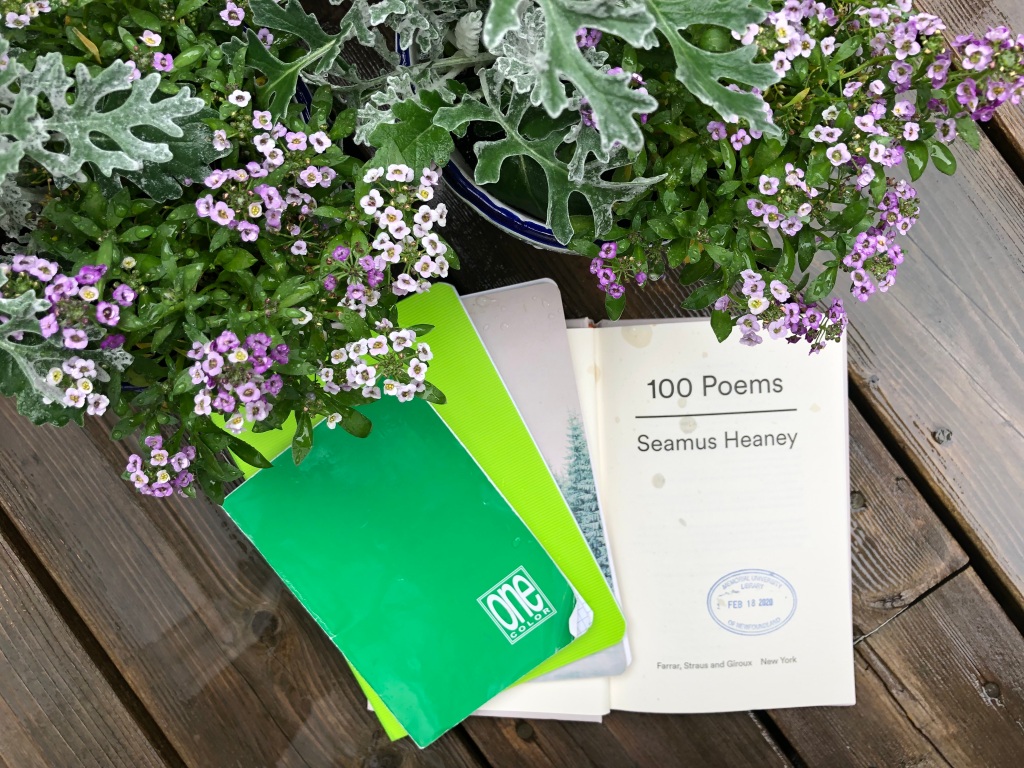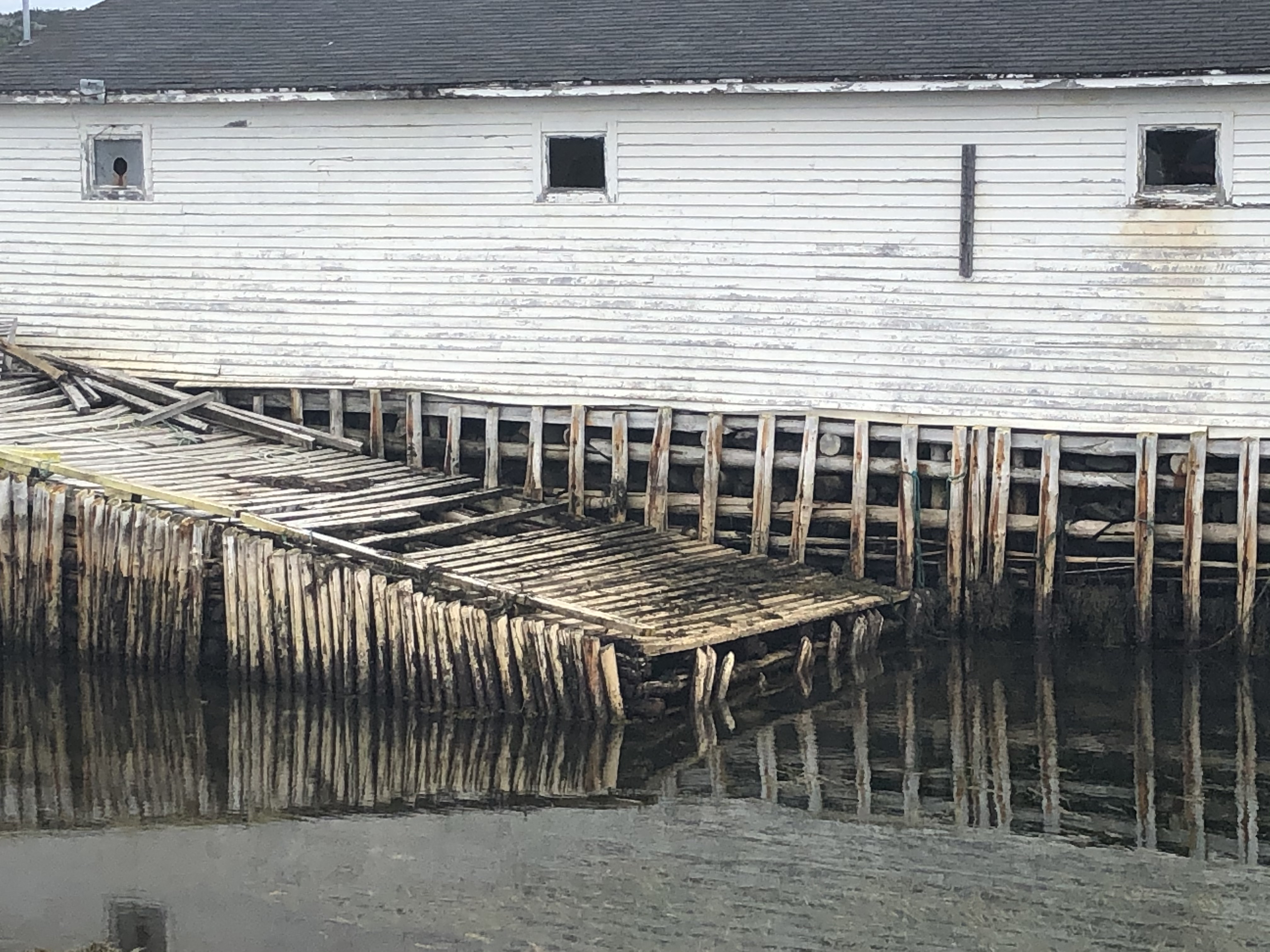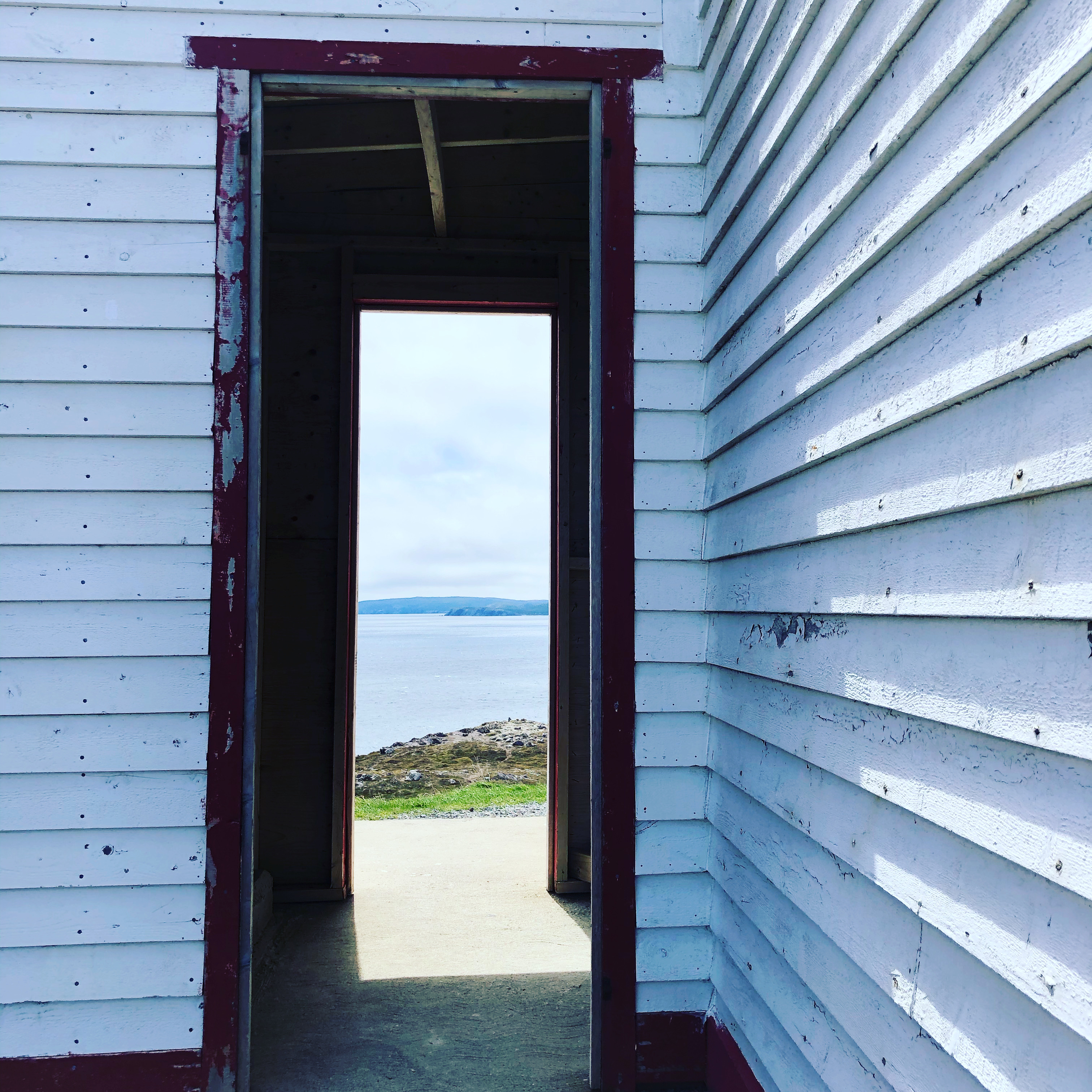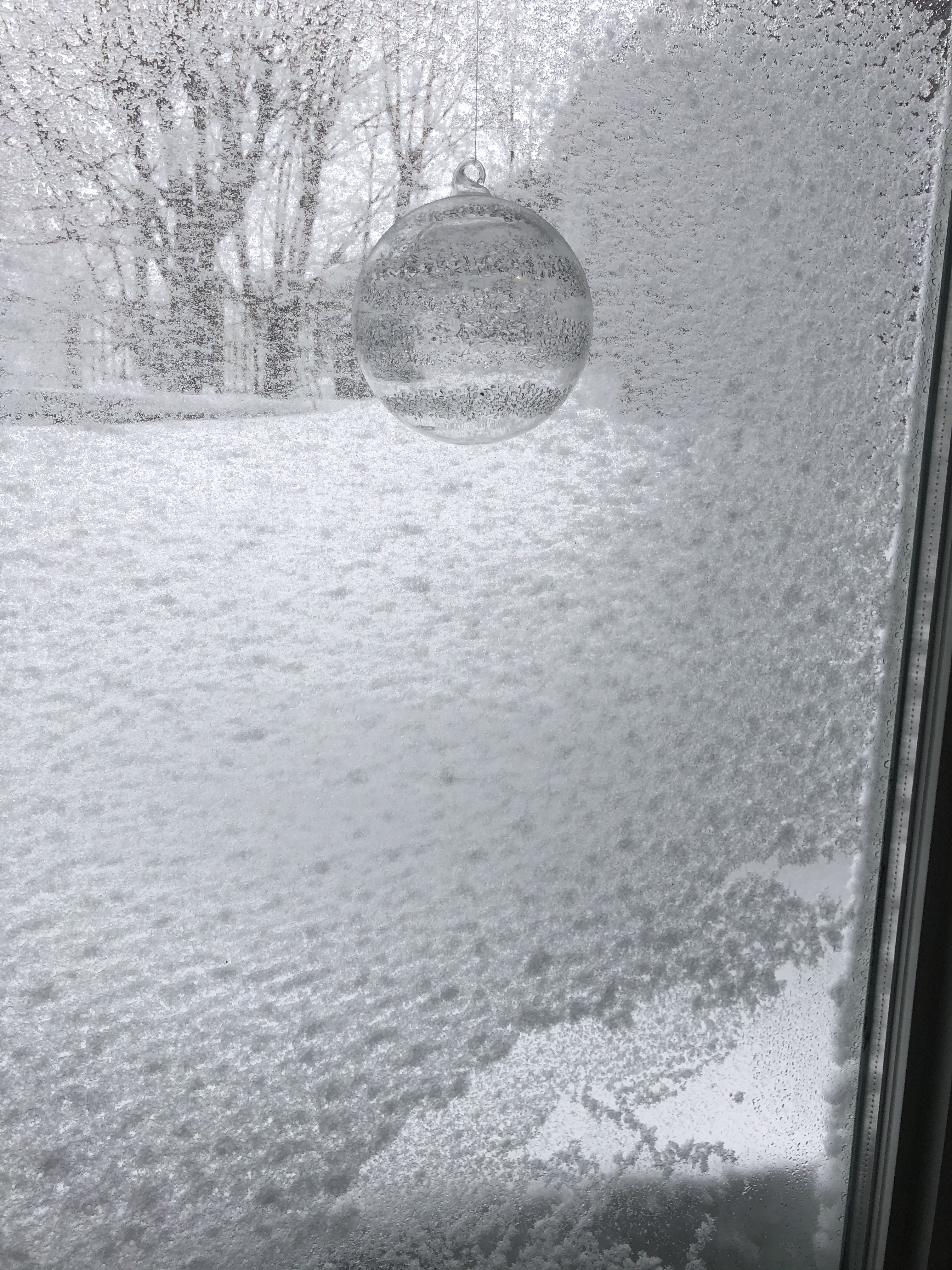
During the month of June, I tweeted about academic writing every weekday.
So, what did I learn about the way that my research term actually works from my tweets?
I learned that there was less reading than I’d assumed, and rather less reading than I’d planned, and that more writing happened. I’m sure that some of this was related to approaching deadlines, but it was really useful to see how closely my research term is related to actual writing.
I also learned this period of still-Covid conference related travel takes way more time, energy, and patience than was required previously. To justify the resources required, the conference really has to be worthwhile; and, fortunately, the one I attended was crucially important for my research. And, somewhat surprisingly, I did tasks during June, that were related to teaching that won’t happen until September and spent time with both undergraduate and graduate students.
Tweeting about what I did each day helped keep me accountable. But, more importantly, it provided me with an opportunity to engage with other academics who were mostly also on their research terms and with another space to think and talk about academic writing.
In August, you’re welcome to continue following me on social media. I invite you to switch over to my Instagram account, @upalongernl, where I’ll be posting a daily photo from my Artist Residency at the Icelandic Textile Centre, @textilmidstod
June 2
In June I’ll tweet #academicwriting everyday (Mon.-Fri.). Plans include conference travel, grant writing, and an article. And email. There’s also a creative (weekends only) project. Designated by my university as my research term, let’s see this it goes
June 3
Tweeting about #academicwriting in June. Some thoughtful reading & notetaking from Thomas Wilson’s Rural Politics in County Meath, Ireland (2013). Now a walk and some fresh air to consider the relevance for these ideas for my article and writing in progress
June 6
Tweeting about #academicwriting in June. Some readings, meeting with a graduate student & preparing a conference paper for @ReproFutures. Am enjoying Fertility Futures Interview Series with @ReproSoc & listening to episodes in advance of conference
June 7
Tweeting about #academicwriting in June. Writing today facilitated by a brisk, cold walk with my walking group. Listened to a Fertility Futures interview @ReproFutures @ReproSoc, wrote for a couple of hours, and previewed a film for fall teaching. And email
June 8
Tweeting about #academicwriting in June. Appointments, errands, and intermittent reading, writing & editing. Booked trail trave l for @ReproFutures conference. On my way to Tampere
June 9
Editing conference paper to convey argument in way that includes theoretical & methodological contributions. In 15 mins. It’s a challenge!
June 10
Tweeting about #academicwriting in June. Carved out a dedicated hour for grant writing that slid off my plate this week. And preparing for my first still-Covid international conference. Travel days ahead
June 13
Tweeting about #academicwriting in June. Three flights & train travel. There will be no academic writing today
June 14
Tweeting about #academicwriting in June. Bit of scoping out of conference venue & city, an online seminar, thanks to faculty skills developed in the pandemic – & some longhand strategizing because, anyone have a power cord for a MacBook Air?
June 15
Tweeting about #academicwriting in June. Full day of conferencing & lots to think about. Thanks to the tech team @ the conference for the loan of a power cord
June 16
Tweeting about #academicwriting in June. I’ve begun to think about a new project. Ok, so it’s a sub-set of my existing research & seems manageable. It’s excitingly new. Did I need a new project? How did it find me?
June 17
Tweeting about #academicwriting in June. Conference presentation @ 9:00 am & my day is ending at 11:00 pm. No academic writing was done today
June 20
Tweeting about #academicwriting in June. I did some editing & reediting of the draft of a grant application. But what seems more significant is the space where I wrote. Oodi (Helsinki City Library) reconceptualized the library #newlevel
June 21
Tweeting about #academicwriting in June. Wrote 360 new words, deleted 150 words, moved words left to a new section, imported text from another document, moved imported text, deleted imported text, wrote 200 new words. Deep sigh
June 22
Tweeting about #academicwriting in June. Now going into second hour of delays while sitting on runways. Airport delays: 2, academic writing: 0
June 23
Tweeting about #academicwriting in June. This morning’s travel began @ 3:40 am. Knowing when it’s time to say that writing resumes tomorrow
June 24
Tweeting about #academicwriting in June. Jet lagged, but it’s sunny & warm so I’m taking the day as Finnish midsummer. Yup, this is three days of not writing #changedcourse
June 27
Tweeting about #academicwriting in June. Important decisions about abortion also made in Malta, Spain, Germany, Poland, Northern Ireland & UK. For those of us who research & write about reproductive justice, this is just Monday
June 28
Tweeting about #academicwriting in June. Long day at my desk today, some reading, some writing, and some working through ideas that aren’t yet clear. Do you know who else is writing in June? Grad students. Read some of their writing today too
June 29
Tweeting about #academicwriting in June. Took a deep dive into the databases today & spend the day reading & writing. Joined @AbortionBooks_ for a discussion of the current book & current events. Next month’s title is in the @MUNQEII library.
June 30
Tweeting about #academicwriting in June. Some writing, some reading, copying and collating travel receipts. Also advising with an undergraduate students, a Gender Studies major. Great to hear how excited she is about beginning #MemorialU in the fall.








